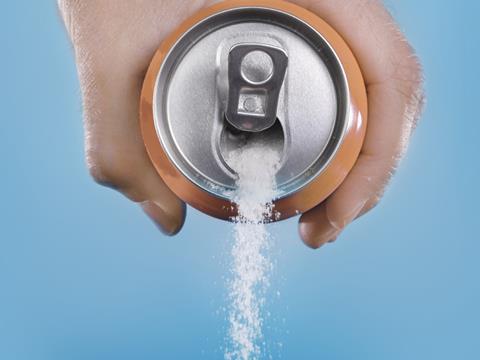
So Jamie does not have to don his ninja costume after all.
“We did it guys, we did it,” was the celebrity chef’s typically understated reaction on Twitter to George Osborne’s announcement a sugar levy will come into force on sugary soft drinks, albeit not for two years.
Cue collective groans from large sections of the drinks industry – and some from the wider food industry too.
Despite today’s surprise timing, the writing has seemed on the wall for this part of the market since at least June 2014, when a secret report prepared by the Department of Health identified soft drinks as “low hanging fruit” in the war on sugar and suggested fiscal measures should be unleashed.
By last month, despite a whole series of ‘will he, won’t he’ u-turns, sources had told The Grocer it had become clear David Cameron – and now, obviously, his Chancellor – had been won round to the idea of a sugar tax, having repeatedly ruled it out as regressive measure that would risk hitting the poorest hardest in the pocket.
The Grocer also revealed the government had decided the industry would be given time to get its act in order on reformulation, and in announcing the two-year delay on the implementation the Chancellor has done just that – and, at the same time, given the government breathing space to tackle the potential backlash.
Number 11 has certainly taken the industry by surprise, with most expecting the details of the sugar tax not to emerge until the delayed childhood obesity strategy eventually comes out.
FDF director general Ian Wright’s view that the government’s stance has descended into “political theatre” certainly has some merit. If a sugar tax is to be a fundamental part of the childhood obesity strategy, then sneaking it out of the Chancellor’s little red box, rather than as part of a fully mapped out public health proposal, does not bode well for a joined-up policy.
Having said this, the Chancellor has given his supporters ammunition against accusations the tax is regressive, even if it is not yet clear what rate the levy will be set at or exactly how it will be collected.
By giving the industry two years to reformulate, he can be seen to be encouraging healthy innovation; and by announcing there will be two bands of taxation – one for total sugar content above 5g per 100 millilitre and a second, higher band for the most sugary drinks with more than 8g per 100 millilitres – he is again seen to be encouraging reformulation.
The government estimates its levy will raise £520m, and has pledged this will go towards primary school sports – a move that could have been written by Jamie himself.
What is not clear is the extent to which the public will end up paying. Osborne says it will be down to companies to decide whether they pass on the levy to customers. Clearly, he is desperate to avoid another Pastygate and doesn’t want to be seen to be setting prices that will hit hard-up Brits.
But if companies do not pass on the tax and simply swallow the painful pill, will this blunt the levy’s impact on health and will the government have to rethink?
In reality, today’s move is probably more likely to accelerate sugar reduction in soft drinks, which had already been under way well before Jamie’s or the Chancellor’s intervention.
Expect even more waves of new products and some very difficult decisions for those companies whose “cola” products were singled out by Osborne as the main target of the tax.
Today also increases the momentum behind moves such as Tesco’s cull of sugar from its drinks aisles, with Osborne name-checking the supermarket, as well as Sainsbury’s and the Co-op, for their reformulation progress.
But will the levy stop at soft drinks? That is one of the big questions as the debate turns to how the tax will be implemented. Without question, the health lobby will now turn its fire on other sectors, with Action on Sugar not only saying today the soft drinks tax should come in immediately – but that confectionery has to be next in line.
Odds on a chocolate tax in the next Budget, anybody?







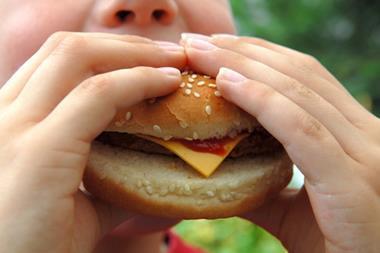
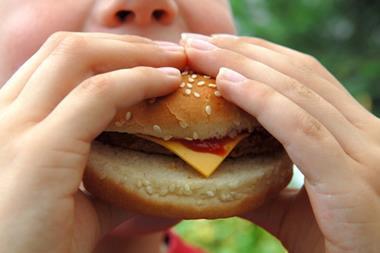

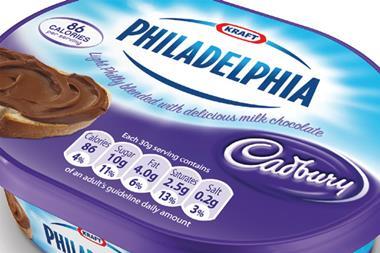
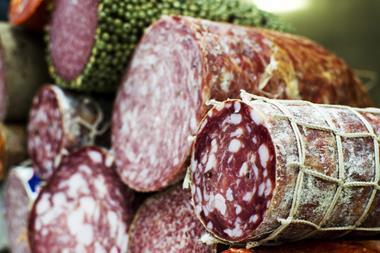
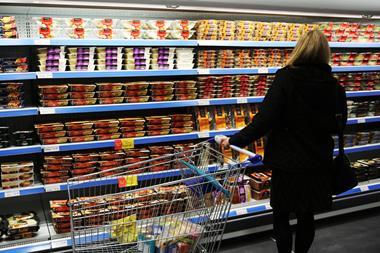






No comments yet